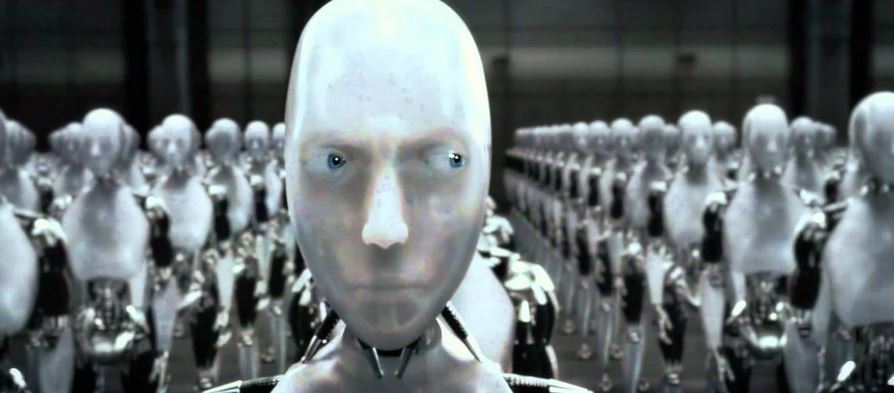 On my morning drive into work, I heard a news report on autonomous and intelligent road vehicles, or self-driving automobiles. The story explained that as these vehicles are optimized for road safety, designers must determine programming imperatives such as whether a vehicle should prioritize the safety of the human “driver” or a pedestrian in a roadway.
On my morning drive into work, I heard a news report on autonomous and intelligent road vehicles, or self-driving automobiles. The story explained that as these vehicles are optimized for road safety, designers must determine programming imperatives such as whether a vehicle should prioritize the safety of the human “driver” or a pedestrian in a roadway.
If that scenario was not unsettling enough, the Institute of Electrical and Electronics Engineers is developing a certification of ethics for approved vehicles. But determining the credentialed curriculum has proven tricky because of cultural bias.
As one IEEE representative explained, the radar system in some prototypes has been calibrated to detect darting squirrels, but testing in Australia helped researcher realize that they had not accounted for the hopping of kangaroos. All ethical politics are local politics it seems.
A less quaint shorthand of meaning-making was the admission by IEEE credential architect, John Havens.
All ethics questions, often times, especially in western media, is coming from a Greek background of ethics whereas when we have the entire other side of the planet and the Global South has things called Confucian ethics and Ubuntu ethics. And it is a reframing of the paradigm of how we come to these questions … And so it is when you ask those questions that much more, this is where the words “safety” or “trust” can really be elevated to more global levels and that is what IEEE is about with consensus building globally. That is to say, “We don’t know. We don’t know yet, but we have to ask.”
The lede here reminded me of the 2004 film, I, Robot, in which the robotic infrastructure of the future turns against humanity, and a prejudice, anti-robot police officer (played by Will Smith) must save the day.
But truth be told, I’m less worried about the politics of a CPU than I am of the way some certain ethical interpreters and interpretations will be taken as representative of whole peoples in the service of the global good. One does not have to turn to science fiction to think about how some people will become casualties in that process. That’s just history.